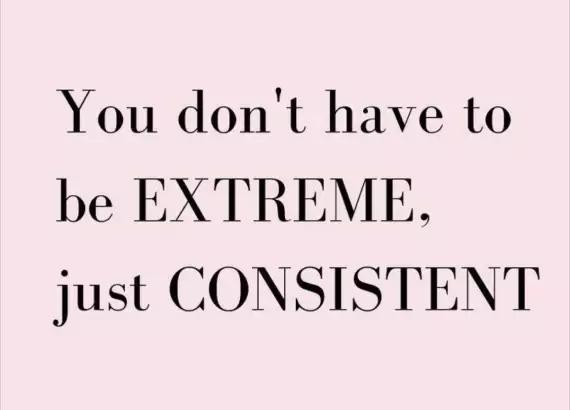
Today I’m going to tackle another millennial myth and turn it on its head for you: MILLENNIALS NEEDING CONSTANT PRAISE.
Now this one came to me in a morning meeting at work a couple of weeks ago. Our company was having a contest, as many sales cultures do, and management was trying to decide which team had won. Someone jokingly said “Well there are so many millennials in here, doesn’t that mean that they all need a trophy?” Of course that was followed by snickers of non-millennials, which had me turning away from the noise thinking, “I just found my new blog topic!”
Of course the comment wasn’t meant to be hurtful, but behind every joke there is a bit of truth, and don’t think we are naive enough to not realize that.
After I got defensive, I thought “What is the reality of this situation? Are we really always in need of constant praise? And if so, is that a bad thing?”
I came to realize that:
- Yes, we were brought up in a world of constant feedback (and if the comments were positive who freaking cares?!)
- It is not at all a bad thing. In fact, it is something that YOU should start implementing into your own culture, if you haven’t already.
Our generation was brought up in a time of very involved parents, coaches, and teachers. We were always encouraged to get or were receiving feedback on how we could perform better. Couple that with the constant presence of the internet, giving us instant access to information/communication, and you have a generation that was always seeking feedback and reinforcement.
But like I said, this isn’t necessarily a bad thing. It simply taught us how to get better results, faster.
Now let’s fast forward to current day with millennials flooding the workplace: Some of the most important things to millennials are opportunities to grow, and the culture. One of the biggest issues employers have with millennials is retention. Take a step back and see what this is really telling us—if millennials are not seeing enough growth opportunities and/or don’t feel surrounded by management they like or are helping them grow, they won’t stick around.
A poll performed by Gallup said that 50% of employees who quit cite their management as a reason.
Another Gallup poll stated that, “87% of millennials want professional development opportunities while only 1/3 feel that their organization is making the most of their skills and experience.”
These are two daunting facts that you can’t ignore, especially when 75% of the workforce will be millennials in a few short years. Ignore it and you will find yourself with no workforce!
Now this can all be changed with a little thing called – positive reinforcement. Positive reinforcement is so powerful, yet no one uses it. We use it all the time with children and dogs, but don’t try to apply it to our adult lives! Crazy!
Some benefits of praise/reinforcement:
- It increases an employee’s overall engagement in their work. When employees are more engaged, they have higher levels of productivity, commitment to the quality of their work, and overall a more positive, healthy work relationship.
- Giving feedback also benefits the company by increasing revenue from said improved productivity. Health insurance costs go down due to less stress, and turnover is decreased because employees are happier at work.
The best part is that it is such a simple and easy fix:
- Set up bi-weekly or monthly check-ins to see how your employees are doing.
- Offer tools they can use to help them grow (such as training, skill development, etc.).
- Just show your employees that you care by being interested in their well-being.
- Thank them more often.
Bob Nelson, author of “1001 Ways to Recognize Employees”, interviewed many workers for his book and over “68% of the workers had never received even a simple ‘Thank You’ from their boss in the previous six months” – today, that number is creeping closer to 80%.
DON’T be THAT employer.
I was always taught that whenever there is a problem to look internally to see how you were part of creating it, rather than passing all the blame on to someone else. Leaders in today’s business world need to do the same. Instead of constantly telling us how entitled and bratty we are, try to look inward to see how you contributed to the current state of affairs and what you can do to fix it! Oh, and if this becomes a “thing” in the daily workplace, I will gladly give a trophy to millennials for starting the trend! We earned it after all! 😉




